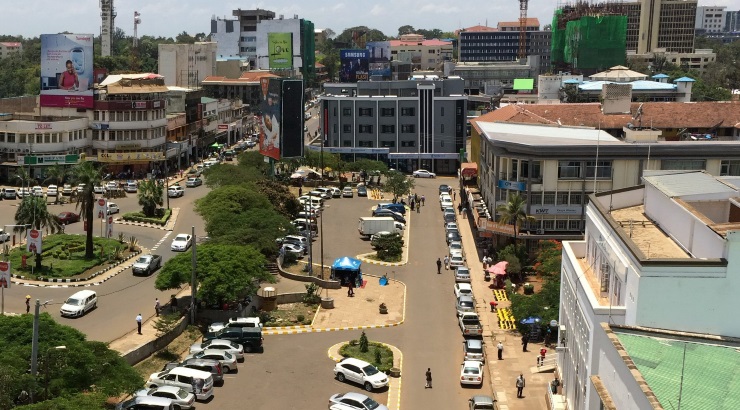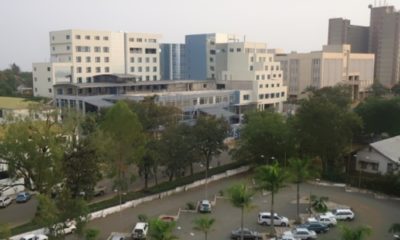Project News
Major works underway as Ruiru gears up for city status
The sub-county is the fourth most populous area in Kenya.

Ruiru, the home of the upcoming Northlands City, has embarked on a series of infrastructure upgrades as it seeks to become Kenya’s fourth city after Nairobi, Mombasa and Kisumu.
With a population of more than 490,000 people, Ruiru is indeed the fourth most populated town after Nairobi, Mombasa and Nakuru, which qualifies it for a city status.
However, the government of Kiambu – which has initiated procedures for a possible granting of Ruiru a city status – is not banking on population alone in its quest for the elevation.
The county is undertaking “urban infrastructure and institutional frameworks to meet the threshold of a city,” said Martin Kangiri, Kiambu Programme Coordinator Urban areas.
Through the Kenya Urban Support Program in collaboration with the World Bank, Kiambu is building and upgrading various facilities to ensure Ruiru has amenities that match the status.
The municipality received Sh484 million in the 2018/2019 financial year, monies that were used in tarmacking of link roads within the town, renovation of parking spaces, and lighting.
Kiambu County, jointly with the World Bank, also bought a new fire engine that is hoped to boost fire-fighting and disaster preparedness in Ruiru.
The town’s fire station has also been renovated.
The municipality council is setting up a national standard sporting field in Ruiru, which will be equipped with lights, spectating stands, swimming pool, and other gaming zones.
“We also have a plan to equip and improve Ruiru District Hospital to accommodate a morgue even as we look for a big public cemetery land,” said municipality chair Joseph Muritu.
Ruiru, which is home to major investment projects such as Tatu City and the Northlands City – owned by the Kenyatta family, has more than doubled its population in the past 10 years.
How application is done
To apply for a city status, the municipality board makes a request to the county executive committee member in charge of Land and Housing who then writes to the county Cabinet.
After discussions the matter is then tabled at the county assembly and later the county governor sends a formal application to the Lands Cabinet Secretary.
The Lands CS forms an Ad hoc committee that reviews the boundaries and passes a resolution on whether or not a town qualifies for the city status.
How to qualify for city status
According to the Urban Areas and Cities (Amendment) Act, 2017, approval shall be subject to conditions that include a population of 250,000 people, ability to provide water and sanitation services, street lighting, proper drainage, and efficient public transport system.
Other conditions include provision of health services, ambulance services, public cemeteries, recreational facilities, stadia facilities, schools that include pre-care facilities, training institutions, community centres, conference facilities, and air transport facilities.
The candidate must also have a well-functioning fire fighting and disaster management system, as well as reliable sources of energy and electricity supply.
Benefits of city status
According to Ruiru town Member of County Assembly Elijah Njoroge, the granting of a city status to Ruiru will place the municipality in a better position to get more funds.
“We will start receiving more funds nationally and internationally to support development. The municipal board has done a good job and we hope to get the city status soon,” he said.
Disadvantages of city status
While a city status pushes a metropolitan to offer better services for its residents, the elevation may also result in higher cost of living for the people due to increased taxation.
The city status allows for a more diverse taxing system, allowing taxes to change based on the nature of business. Increased license fees and rents could drive businesses out of the town.
Motorists may also be forced to pay higher parking fees within the city centre.












